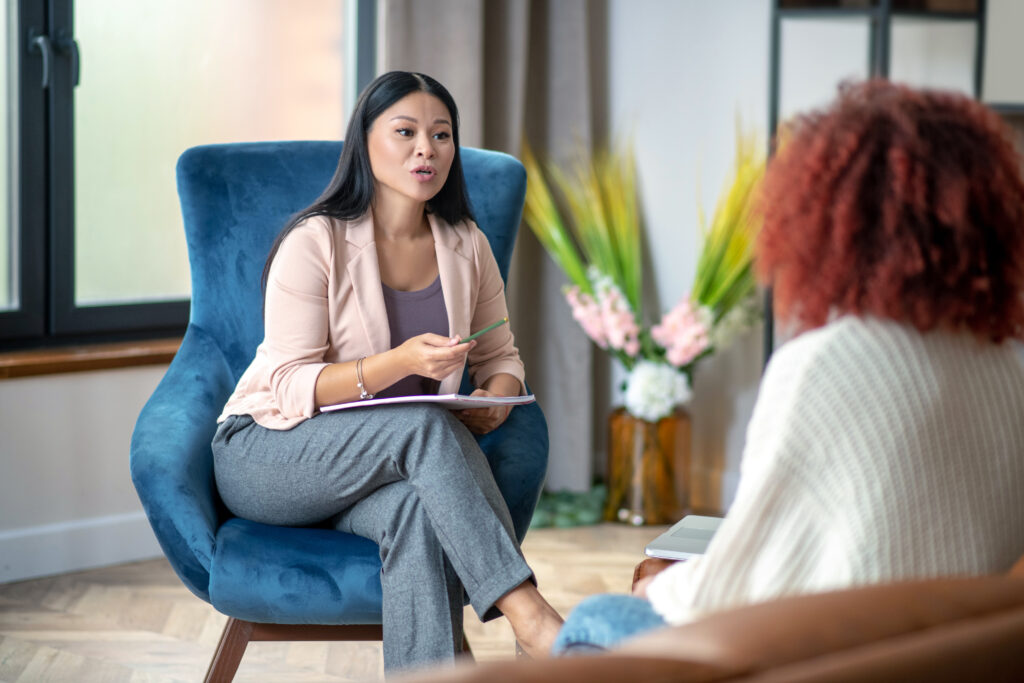What Should I Ask My Therapist For Our First Session?

Now that you have scheduled your first therapy session what can you expect? A therapist should be able to emotionally connect with you and gain an understanding of what brings you to therapy. Being able to build a positive, safe, and supportive relationship with your therapist is one of the most important parts of feeling better.
As you prepare to meet your new therapist, knowing what questions to ask can help you decide if they will be a “good fit” with you. Here are several ideas to get you started.
Can you tell me more about yourself and your professional background?
Therapists are often asked how many years and what types of professional experience they have. Therapists expect to be asked about their professional background. This can be a good opportunity to learn more about the types of issues they specialize in what their areas of expertise are.
There are many types of therapists, so consider asking if your therapist is a licensed social worker, counselor, or psychologist. Do they approach things differently based on their training? Do they have any additional certifications in issues such as addiction or trauma?
Have you helped people with issues like mine?
Before your first session, take time to focus on what issues bring you to therapy so you can get feedback from your therapist. Has there been a major life change that has created stress? Are you worried that your mental health is starting to impact how you feel and cope with your life? When you share your story with your therapist, be sure to ask them how they have helped clients with issues similar to yours.
What approach do you take as a therapist?
There are many types of therapy, so be sure to ask what theories and approaches the therapist uses to help clients meet their goals. Ask the therapist to explain this in a way that is both practical and understandable to you. Knowing that a therapist practices Cognitive Behavioral Therapy is not the same thing as a therapist explaining how that, or another type of therapy, will benefit you and help you meet your goals.
Will you take the time to learn more about things that matter to me, such as my culture, racial background, faith beliefs, or gender orientation?
Creating a safe space to explore your needs requires that your therapist explore what makes you an individual. So understanding your culture, gender, and faith are some areas a skilled therapist should take the time to learn about.
How will I know that my therapy is effective?
As you begin addressing issues in therapy you may start feeling like you can cope better with your mood and life challenges. You also may find that you begin communicating in healthier ways with the people in your life. Changes do not happen right away, but with time many people find that therapy helps improve their quality of life.
Remember that making a positive connection with a therapist is very important. If you feel that the therapist may not be a good fit, it is acceptable to share that. A trained therapist will not take this feedback negatively, and may be able to refer you to other resources to help you get started.
Empower Yourself to Thrive with Confidence
This emphasizes both self-empowerment and confidence in navigating life’s challenges.


